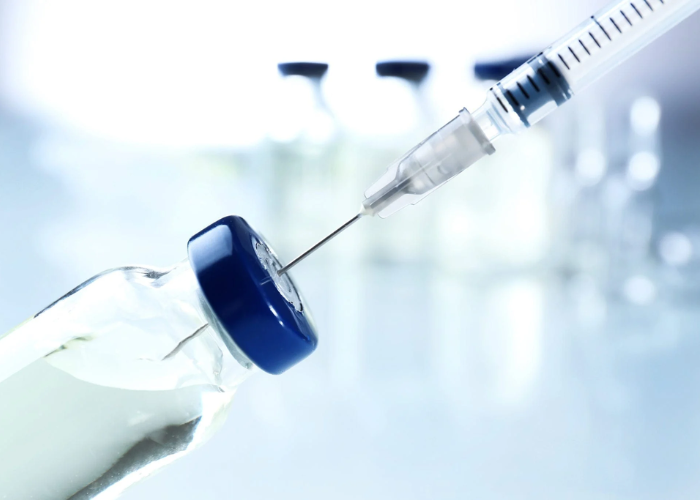Vaccinations and immunizations are important components of public health, providing a safe and effective way to protect individuals from infectious diseases. Vaccines and immunizations work by introducing a dead or weakened form of a pathogen, such as a virus or bacteria, into the body. This stimulates an immune response in the body, producing antibodies that can protect against future infection by the same pathogen. Vaccines and immunizations have significantly reduced or eliminated many dangerous diseases, such as smallpox and polio, and are an important part of healthcare for people of all ages.
What are Vaccinations and Immunizations?
Vaccinations and immunizations are the processes of introducing a dead or weakened form of a pathogen into the body to stimulate an immune response. This response produces antibodies that protect the body from future infections by the same pathogen. Vaccines can be given to both children and adults and can be provided in a variety of forms, including injectable, oral, or nasal sprays. Immunizations are similar to vaccinations, but they are typically given to individuals who have already been exposed to a pathogen or who are at a high risk of being exposed to it.
Benefits of Vaccinations and Immunizations
Vaccinations and immunizations offer a number of benefits. They are the most effective way to prevent the spread of infectious diseases, protecting both individuals and whole populations from dangerous pathogens. Vaccines and immunizations also save lives by reducing the number of people who get sick from infectious diseases. They are also cost-effective, as they are less expensive than treating an illness after it has occurred.
Types of Vaccinations and Immunizations
There are many different types of vaccinations and immunizations available. Common vaccines include those for measles, mumps, rubella, chickenpox, hepatitis, and influenza. Other vaccines are available for specific high-risk populations, such as those with weakened immune systems, pregnant women, and those who travel to certain regions of the world. There are also vaccines that can be given to adults, such as the shingles vaccine and the pneumococcal vaccine.
The Risks and Side Effects of Vaccinations and Immunizations
Vaccines and immunizations are generally safe, but they can cause side effects in some people. These side effects are usually mild and may include soreness and redness at the injection site, fever, and headache. Rarely, more serious side effects can occur, such as allergic reactions or seizures. It is important to talk to a healthcare provider about any concerns you may have about the safety of a vaccine.
Conclusion
Vaccinations and immunizations are an important part of public health, providing a safe and effective way to protect individuals from infectious diseases. They have significantly reduced or eliminated many dangerous diseases, such as smallpox and polio, and are an important part of healthcare for people of all ages. Vaccines and immunizations are generally safe and have few side effects, but it is important to speak with a healthcare provider about any concerns you may have. By getting vaccinated and immunized, you can help protect yourself and your community against infectious diseases.









